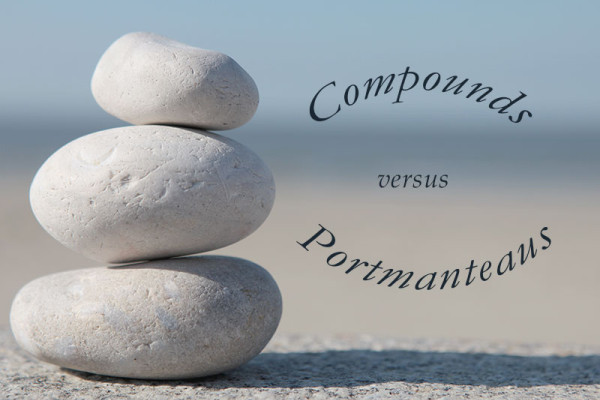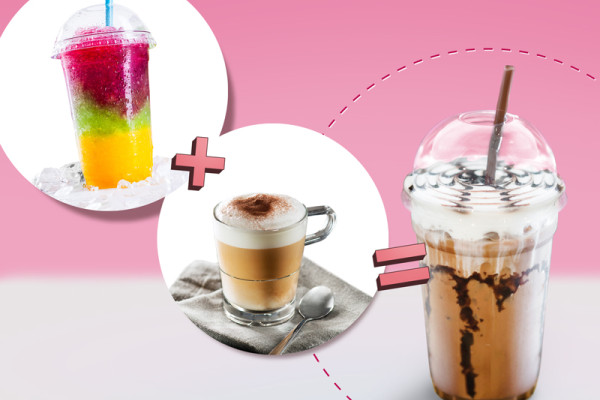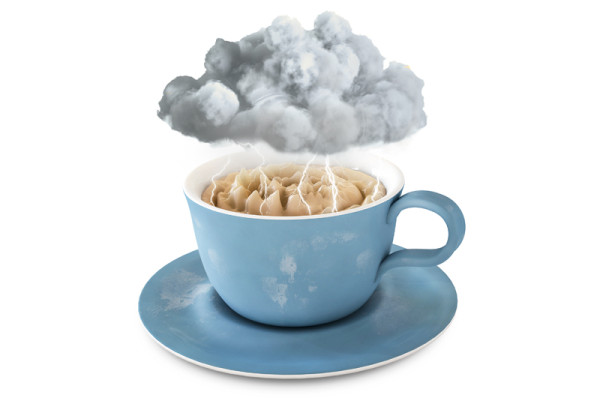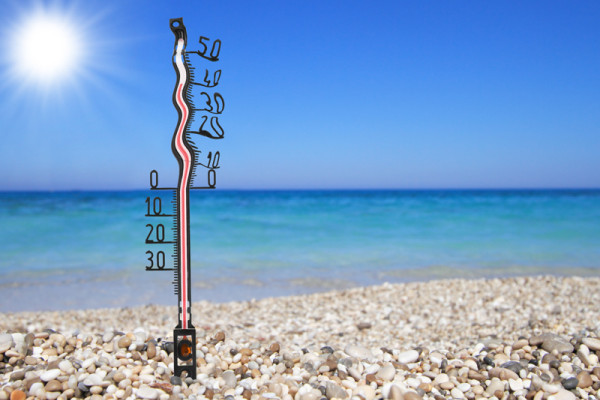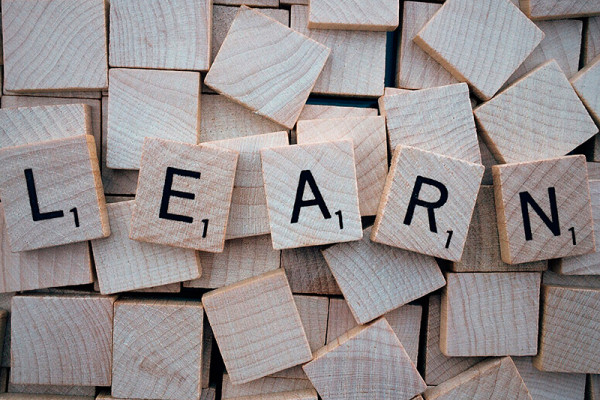How to use the verbs make and do
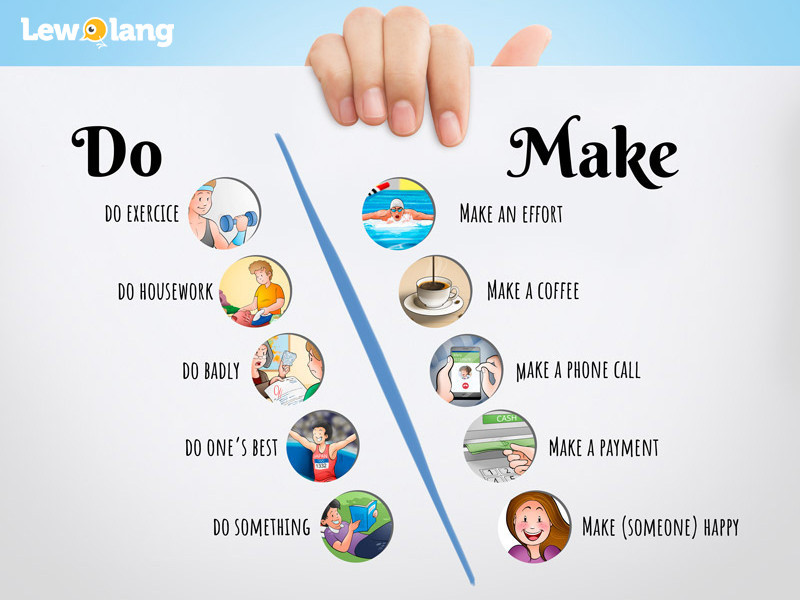
As non-native English speakers, we often struggle with using the verbs “make” and “do” correctly. Given that in Spanish, they both appear to have the same meaning: hacer, we often feel confused by which one to use in each situation. The secret here is to stop trying to translate what we want to say from Spanish to English all the time but, instead, make an attempt to understand the patterns that these verbs follow. Even so, some collocations we’ll just need to learn by heart.
Generally speaking, make is used when we’re actually creating something specific, making something from nothing, producing a physical object.
- We use the verb make for foods and drinks. We make tea or coffee, we make breakfast, lunch or dinner, we make a cake or a sandwich.
- If we like arts and crafts, everything we make is called handmade. In the same way, when somebody likes knitting they make a sweater or a scarf. In wintertime we make a snowman and we make a fire to keep warm.
However there are many other expressions and collocations that don’t necessarily follow these patterns. For example, make is also used in many other ways that have nothing to do with creating something physical. When we make a journey, or when we make a discovery, we obviously are not actually creating them with our hands. We also use make in a lot of expressions that have to do with:
- Money and finances: make money, make a fortune, make a payment, make a profit
- Sounds, speaking and communication: make noise, make a sound, make a comment, make a suggestion, make a complaint, make a demand, make a confession, make an observation, make a remark, make an excuse.
- Decisions and plans: make a decision, make a choice, make up your mind, make plans, make a change, make arrangements, make a phone call, make an appointment, make a wish, make time, make a list
- When something produces a reaction and it makes you feel a certain way. If someone makes a joke it might make you happy, it might make you laugh or smile or blush. An onion can make your eyes water, a medicine can make you itchy, dizzy, hungry, thirsty etc.
But there are many other collocations that follow no pattern:
- Make friends, make the bed, make fun of somebody, make a mistake, make a mess, make a difference, make progress, make an effort, make a face, make a point, make clear, make room, make sense, make sure, make time, make a move
On the contrary, we use the verb do for different activities, tasks or chores:
- We do our homework for school and we do our housework at home; we do the dishes, do laundry, we do the shopping. At work we do our job and we do our duty.
- We also do activities that are part of a routine. We do exercise regularly, we do our hair, do our makeup and we do our nails.
We also use do for non-specific activities:
- With indefinite pronouns: we say that we’d do anything for someone, or that we did everything for them. Sometimes we are tired and we want to do nothing, other times we must do something because, otherwise, we get bored.
- To say the outcome of an activity is positive or negative: in an exam we can do well, or we can do badly. The most important is to always try to do our best. We can do the right thing or we can do the wrong thing. Something can do more harm than good, it can do damage or it can do wonders for somebody.
And if you’re curious to learn about collocations with other verbs apart from make and do, then we’d suggest you check out this resource we’ve created for you at Lewolang.
Artículos relacionados
1 comment
Joan Ramió
says:
Comment

